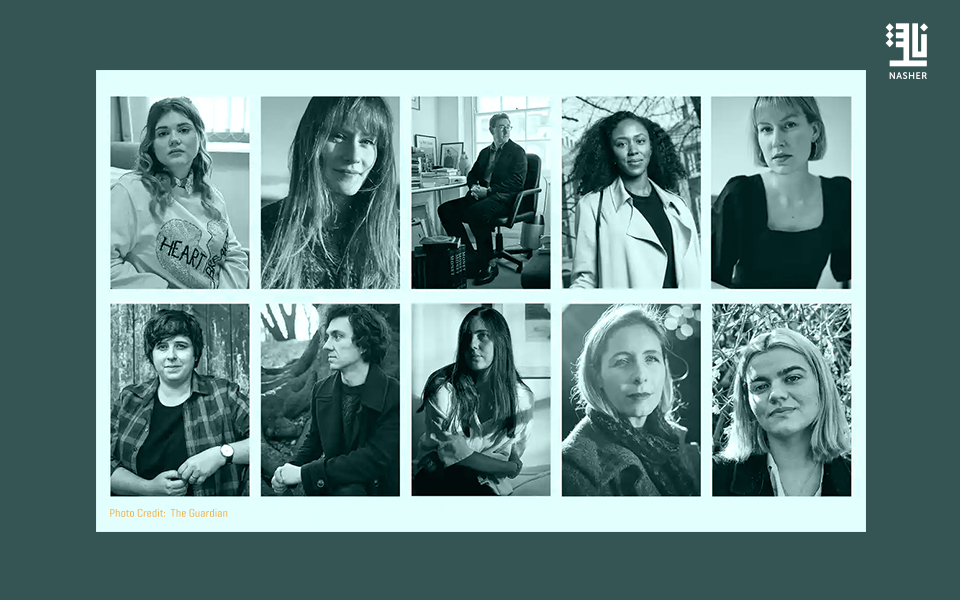Granta reveals its pick of Best of Young British Novelists list
The journal’s once-in-a-decade selection of the best fiction writers under 40 has broadened its selection of 20 to include authors who ‘regard the UK as their home’
The literary magazine has published its Best of Young British Novelists list every 10 years since 1983.
Women dominate the 2023 list which, for the first time, includes international writers who view the UK as home.
Granta editor Sigrid Rausing described them as the “9/11 generation”, who grew up affected by the war on terror, the 2008 financial crash and austerity.
The Granta list is a once-in-a-decade landmark, traditionally viewed as a barometer of Britain’s literary landscape. This year’s authors include Booker prize-winner Eleanor Catton, Desmond Elliott prize-winner Derek Owusu, and debut novelist whose first novel Mrs S is out this summer. They follow in the footsteps of writers such as Ian McEwan, Salman Rushdie, Zadie Smith and Kamila Shamsie, who have made the list in previous years.
This decade’s list is the first to be made up entirely of millennials (typically people born between 1981 and 1996). Every Granta-chosen writer was born after 1983, with the youngest just 26.
The 2023 list:
Graeme Armstrong
Jennifer Atkins
Sara Baume
Sarah Bernstein
Natasha Brown
Eleanor Catton
Lauren Aimee Curtis
Eliza Clark
Tom Crewe
Camilla Grudova
Isabella Hammad
Sophie Mackintosh
Anna Metcalfe
Thomas Morris
Derek Owusu
K Patrick
Yara Rodrigues Fowler
Saba Sams
Olivia Sudjic
Eley Williams
Granta’s picks include Graeme Armstrong, an author who writes in Scots dialect and spent his teenage years within North Lanarkshire’s gang culture.
Montreal-born Sarah Bernstein’s writing has been described as the “new millennium’s answer to modernism”, while Derek Owusu’s writing fictionalises British Ghanaian culture.
The list was chosen by a panel chaired by Rausing. She was joined by novelists Rachel Cusk (who appeared on the 2003 list), Helen Oyeyemi (on the 2013 list), Tash Aw, and essayist and critic Brian Dillon. Unlike, for example, the 1983 list, which now looks like a defining picture of the London literati, the judges believe the 2023 list is more representative of British society as a whole.
The authors hail from places as far afield as Cardiff, Edinburgh, Birmingham, Lancashire, the Isle of Lewis and London, as well as Sydney and New Zealand.
For the first time this year, under new criteria, an author can also be eligible if they normally live within the UK. On previous occasions, only writers with a British passport made the cut. Five of the authors chosen were not born in the UK.







